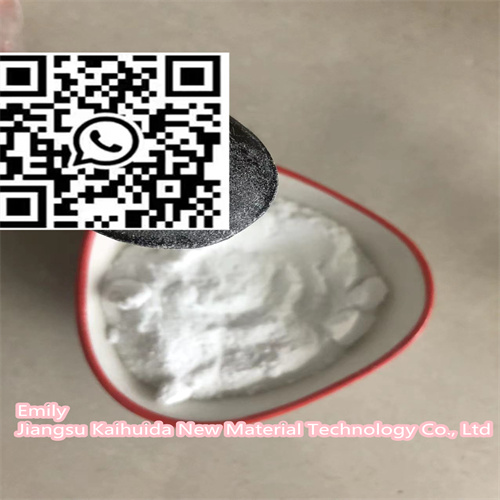
Privacy statement: Your privacy is very important to Us. Our company promises not to disclose your personal information to any external company with out your explicit permission.
How to scientifically ingest inorganic salt?
1. What is the difference between inorganic salt and organic salt?
Reliable Inorganic Salt and organic salts are two different types of compounds.
Reliable Inorganic Salt are compounds composed of inorganic substances, such as metals and non-metallic elements, usually held together by chemical bonds between ions. Inorganic salts are usually the research objects of inorganic chemistry, and common inorganic salts include sodium chloride (table salt), copper sulfate and so on.
Reliable Inorganic Salt are compounds that combine organic substances (compounds containing carbon) with inorganic salts. Organic salts usually contain one or more organic functional groups such as carbon-oxygen or carbon-nitrogen bonds. Organic salts have important applications in organic chemistry and biochemistry. Common organic salts include lead acetate, sodium acetate and so on. Therefore, the main difference between inorganic and organic salts is their composition and chemical properties.


ΗΛΕΚΤΡΟΝΙΚΗ ΔΙΕΥΘΥΝΣΗ σε αυτόν τον προμηθευτή
December 18, 2023

Privacy statement: Your privacy is very important to Us. Our company promises not to disclose your personal information to any external company with out your explicit permission.

Fill in more information so that we can get in touch with you faster
Privacy statement: Your privacy is very important to Us. Our company promises not to disclose your personal information to any external company with out your explicit permission.